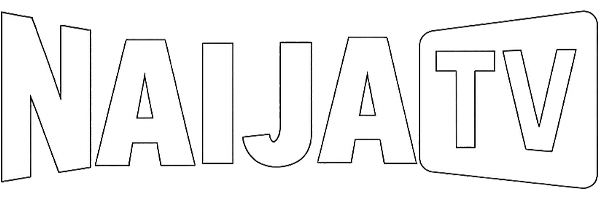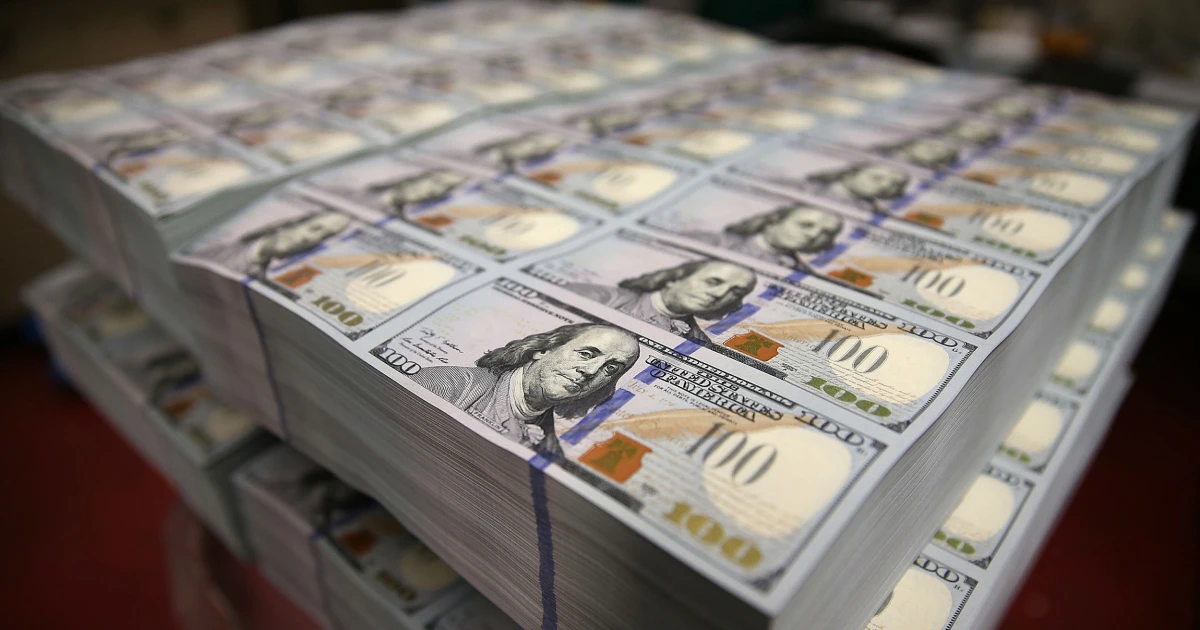Nigeria’s foreign reserves climbed to $40.7 billion as of August 8, 2025, up from $37.93 billion (Apr 30) and $38.30 billion (May 14), buoyed by CBN foreign-exchange reforms and a modest uptick in crude output.
The buffer has held above $40 billion for nearly two weeks, offering 10+ months of import cover, while the naira stayed steady and headline inflation eased to 21.88% in July from 22.22% in June (33.40% a year earlier).
Analysts credit Governor Olayemi Cardoso’s FX clean-up—diaspora remittance push, added IMTO licences and a willing-buyer-willing-seller market—for stronger dollar inflows and improved price stability. Oil production ticked up 0.67% to 1.51 mbpd, meeting OPEC+ quota for the third time this year.
The momentum underscores President Tinubu’s market-first strategy—tight monetary coordination, FX liberalisation and supply-side fixes—now translating into firmer reserves, a calmer currency and cooling prices. With global voices lauding Nigeria’s stabilisation drive, investors are watching for the next leg: sustained growth and broader social cushions as reforms deepen.











